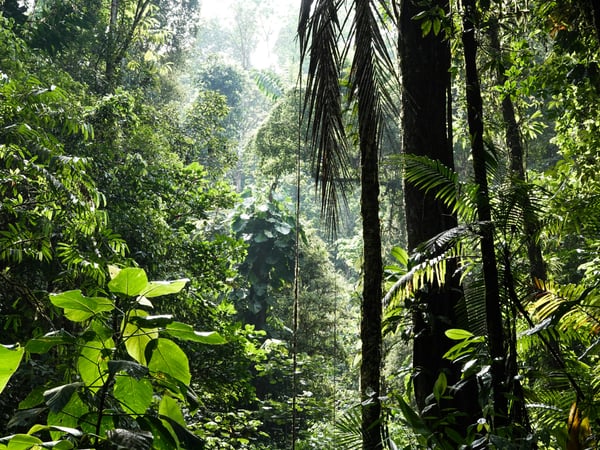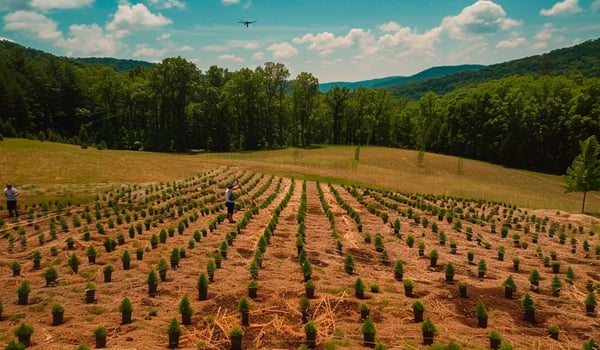In a significant leap towards sustainable agriculture and carbon sequestration, France's...
NetZero's Ambitious $19M Biochar Project Aims to Revolutionize Carbon Removal in Brazil
NetZero, a pioneering French carbon removal company, has recently secured a significant funding injection of €18 million ($19.5 million) from STOA Infra & Energy, a government-backed impact investor. This financial boost is earmarked for a major expansion in Brazil, aiming to establish new biochar production facilities that promise to enhance both environmental sustainability and economic resilience in the region.
Expanding Biochar's Reach in the Tropics
This funding initiative aligns with French President Emmanuel Macron’s state visit to Brazil, reflecting a strengthened partnership between the two nations in combating climate change through innovative technology. NetZero’s project focuses on scaling up biochar production in tropical regions—a method known for its effectiveness in permanently removing carbon from the atmosphere while improving soil quality and agricultural productivity.
The Science and Impact of Biochar
Biochar is produced through pyrolysis, a process that heats plant residues like coffee husks or cocoa shells in the absence of oxygen, breaking down their molecular structure into a stable, carbon-rich form that can endure in soil for centuries. The benefits of biochar include:
- Climate Change Mitigation: Biochar sequesters carbon in a stable form, removing it from the atmosphere and significantly reducing the greenhouse effect.
- Agricultural Enhancement: When incorporated into farm soils, biochar improves soil health, boosts crop yields, and reduces the need for chemical fertilizers.
- Economic Opportunities: By generating biochar and associated carbon credits, NetZero supports local economies, creating jobs and providing new income sources for farmers.
The Role of STOA and Future Prospects
STOA’s investment represents a pivotal development in the biochar sector, marking one of the largest financial commitments to date. This partnership not only underscores the economic potential of biochar but also its scalability as a solution to global carbon challenges. With this new capital, NetZero is set to significantly expand its operations, enhancing its production capacity to meet the growing demand for carbon removal technologies.
Biochar Market and Environmental Benefits
The global biochar market is experiencing rapid expansion, with annual production expected to grow significantly in the coming years. This growth is propelled by the increasing recognition of biochar’s environmental benefits, which include:
- Carbon Sequestration: Biochar is one of the few technologies that can permanently remove CO2 from the atmosphere, offering a tangible solution to climate change.
- Soil Revitalization: Biochar's porous nature helps retain water and nutrients, fostering healthier crop growth and reducing soil erosion.
- Biodiversity Preservation: Healthier soils lead to more robust ecosystems, supporting greater biodiversity and stronger ecological resilience.
NetZero's Vision for a Sustainable Future
Looking ahead, NetZero aims to remove over 5 million tonnes of CO2 from the atmosphere by 2030 through its expanded biochar operations. This ambitious target not only reflects the company’s commitment to environmental impact but also highlights the scalable nature of biochar technology in addressing global warming.
NetZero’s approach exemplifies how innovative carbon removal technologies, supported by strategic investments and international cooperation, can play a crucial role in achieving global climate goals. The expansion of biochar production in Brazil represents a forward-thinking initiative that not only tackles the pressing issue of climate change but also enhances agricultural practices and supports rural economies.
In Conclusion
As NetZero gears up to transform the landscape of carbon removal in Brazil and beyond, the world watches closely, anticipating the environmental and social changes that these biochar plants will bring. This venture is not just about reducing carbon footprints but also about setting a sustainable path forward for future generations, proving that economic development and environmental sustainability can go hand in hand.






